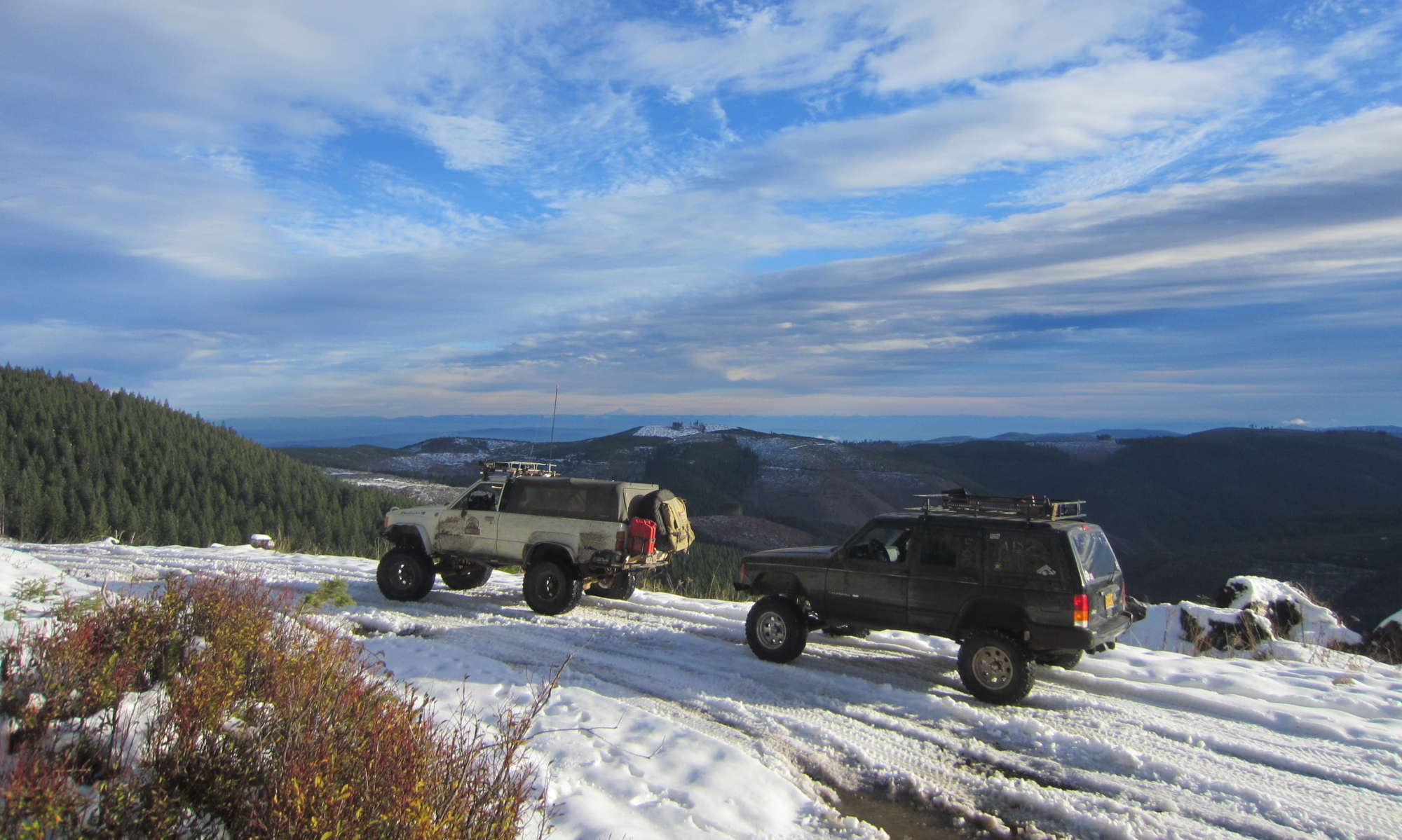This term, several of my undergraduate research assistants have been hard at work putting together a test platform for some research that I have in the works. This diminutive rover will soon be outfitted with a sensor mast and robotic arm with the goal of loosely replicating a Mars rover mission. This analogue test platform will then be outfitted with hardware that can inject faults into the system in order to exercise several prognostics and health management algorithms.
This Arduino with an XBee transmitter is acting like a relay satellite. Soon this will be built out with several sensors on a gimbal system.
 This computer sends commands to the rover via the Arduino in the previous photo. It simulates a ground station talking with a satellite that then relays data to a rover on Mars.
This computer sends commands to the rover via the Arduino in the previous photo. It simulates a ground station talking with a satellite that then relays data to a rover on Mars.
This short video shows the whole system in action. There will be more to come soon!






























